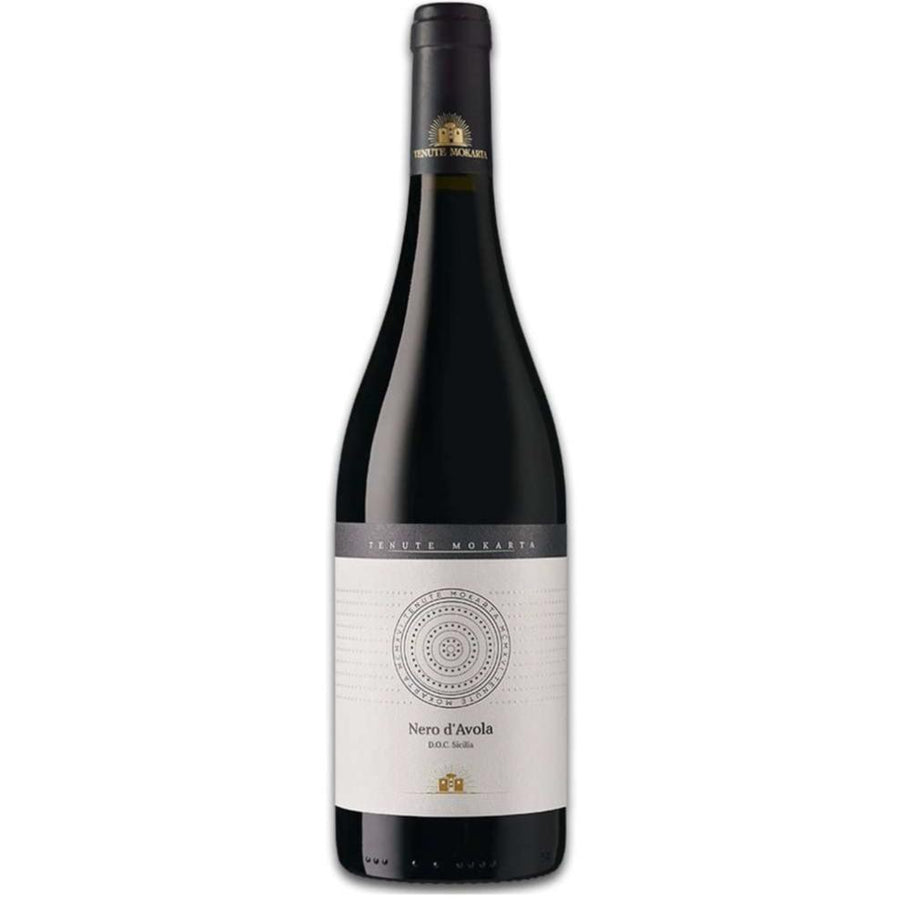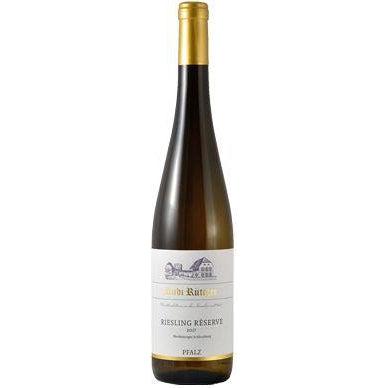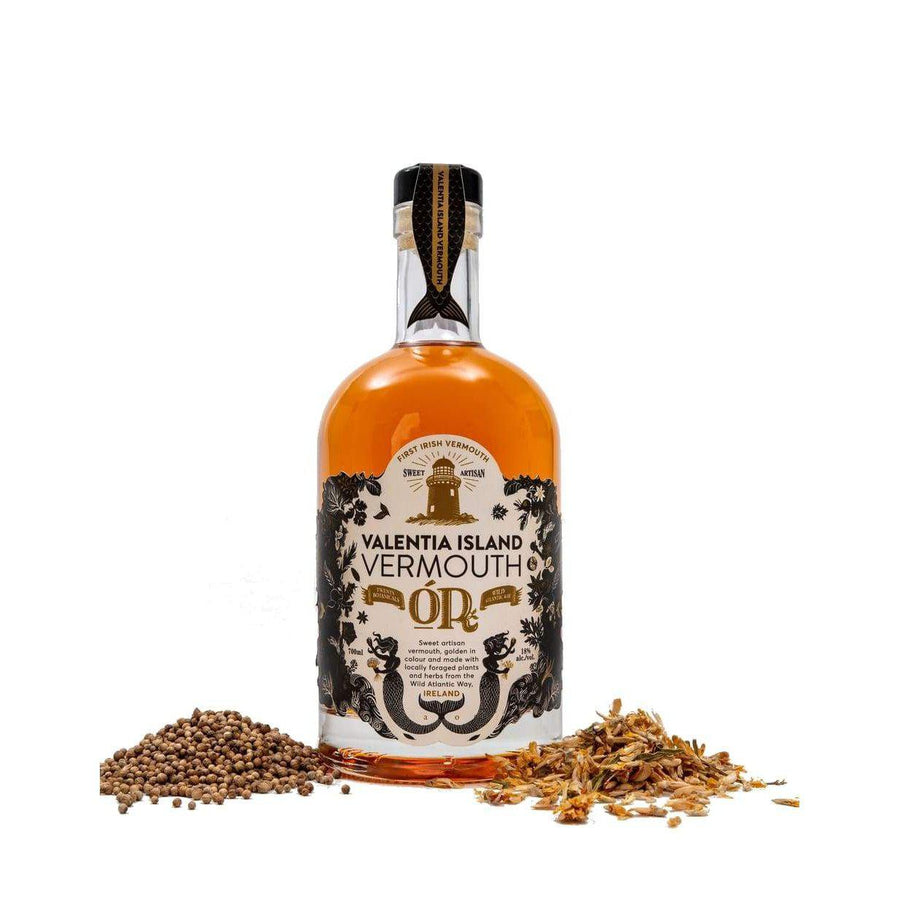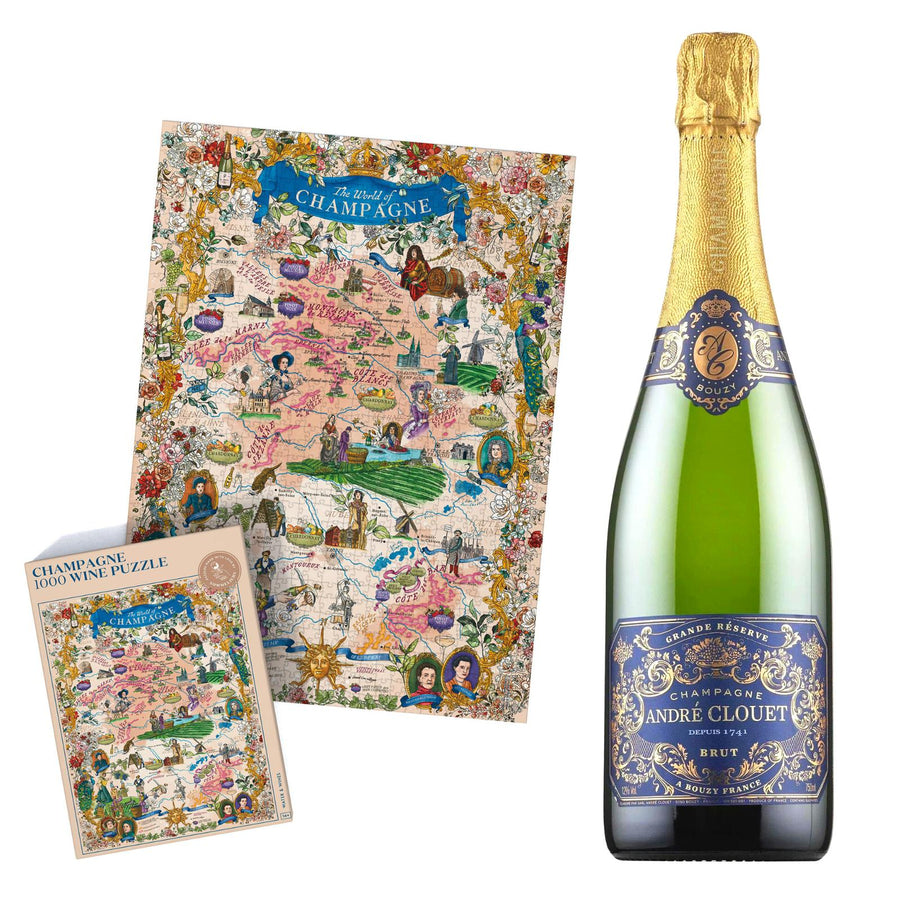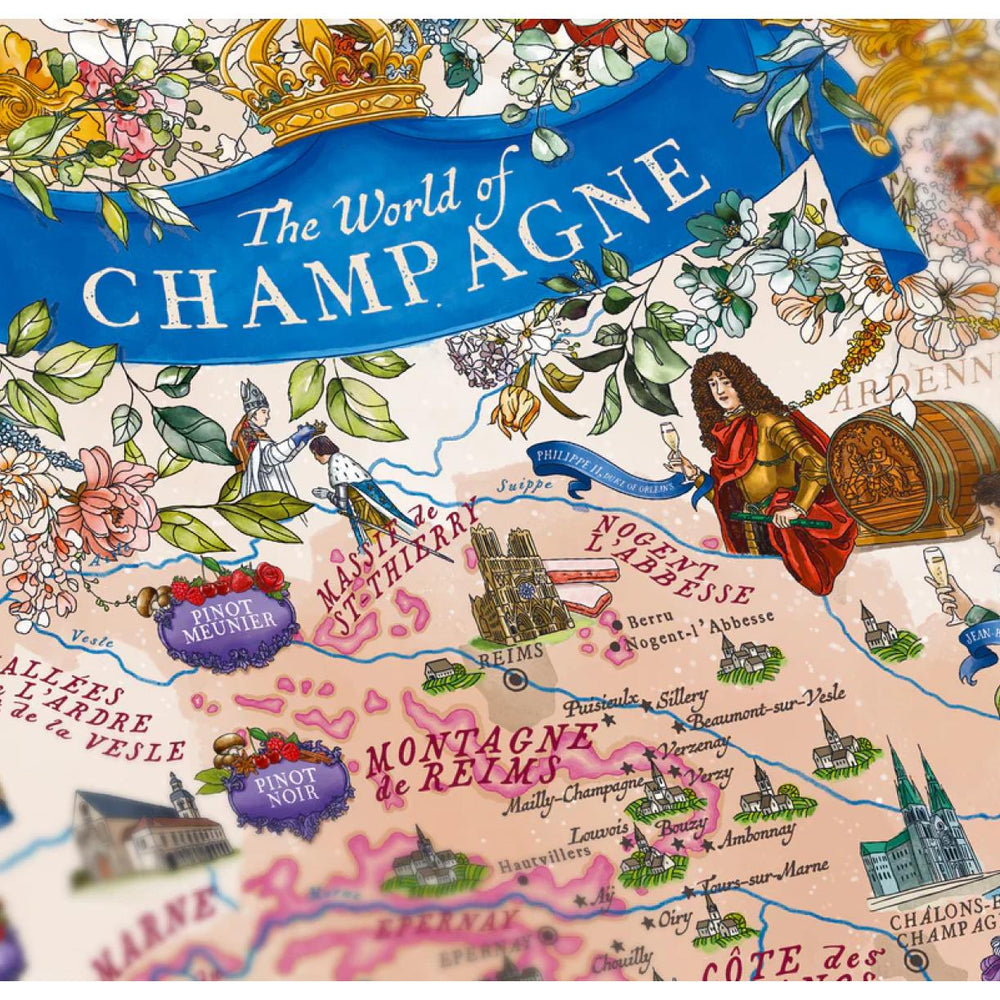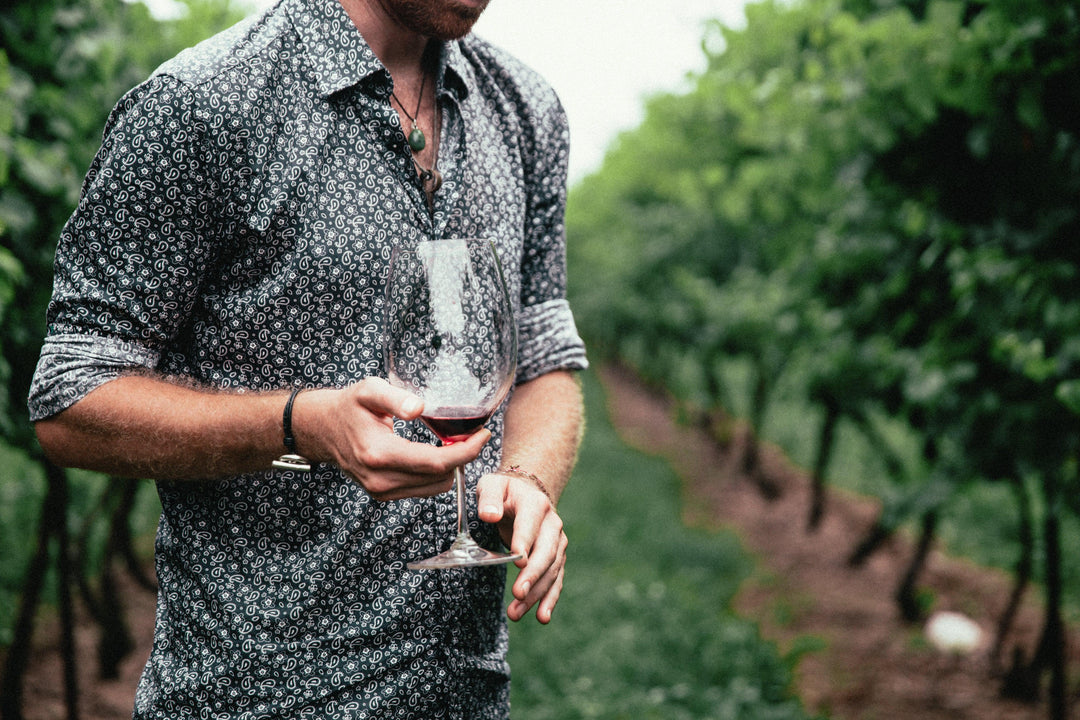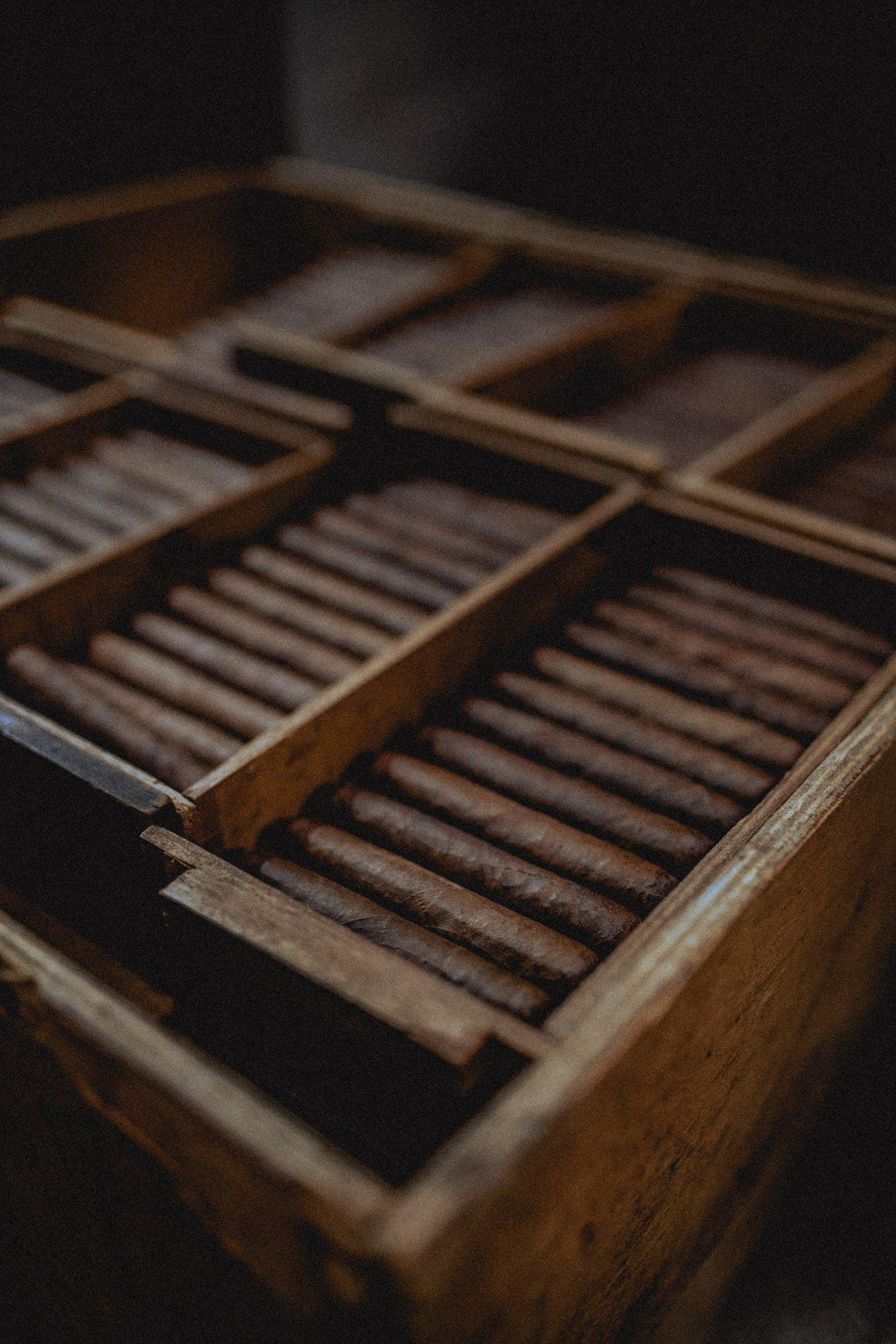Red wine from Brittany makes a reappearance
Red wine from Brittany? I don't see any Breton wine at all
The ferry service from Cork to Roscoff means that Brittany is popular with Irish tourists, and especially those who want to bring a car on holiday and fill up with wine at French prices. A little discomfort in the passenger seats on the drive home isn't much to ask (c'mon, kids) compared to the weeks of post-trip wine value this kind of expedition can bring. But the shelves of Breton supermarkets and cavistes alike are noticeably empty of wine from Brittany itself. Neighbouring regions are well represented, but there's nothing from the Côtes-d'Armor, from Finistère, Ille-et-Vilaine or from the Morbihan. Beer? Yes. Cider? Mais oui. But wine? Nothing. What's going on?
The answer lies in the soil
Two principal things are going on. The soils of Brittany are just too good, too rich in trace elements near the surface, to produce anything but lazy, greedy vines that can't be bothered to send their roots deep. Shallow roots equals feeble wine: in fact, fruit on the whole not worth vinifying in the first place. In consequence of that first thing comes the second. French wine law says it is illegal to sell wine from Brittany, even if you persist in what it no doubt imagines is the folly of making the stuff.So what's new?
Nothing under the sun. A few favoured sites in Brittany made wine in the distant past, at least since the days of the Romans, but Louis XIV's thrifty and pragmatic finance minister Colbert had any remaining vines grubbed up in the mid-seventeenth century and replaced with orchards whose abundant crops yielded a great deal of excellent and lucrative cider. A couple of recent articles, including this one from 20minutes.fr, have drawn attention to what you might call a bit of a renaissance (with some heckling in the comments to suggest that the story's not that simple). In recent years, however, groups of enthusiasts have been making a few hundred litres of white wine here and there in Brittany; though for reasons stated above, you won't see it in the shops. Now one of these groups is looking forward to its first harvest of red grapes from vines that have been growing for three years on high slopes above the river Rance at Saint-Suliac.Nothing ventured…
"We thought we'd give"Rondo is a red grape that promises everything but invariably disappoints as a red wine."Experiments at home chez Tardivel, however, produced a strong, tannic wine last year that Bernard felt showed promise.


